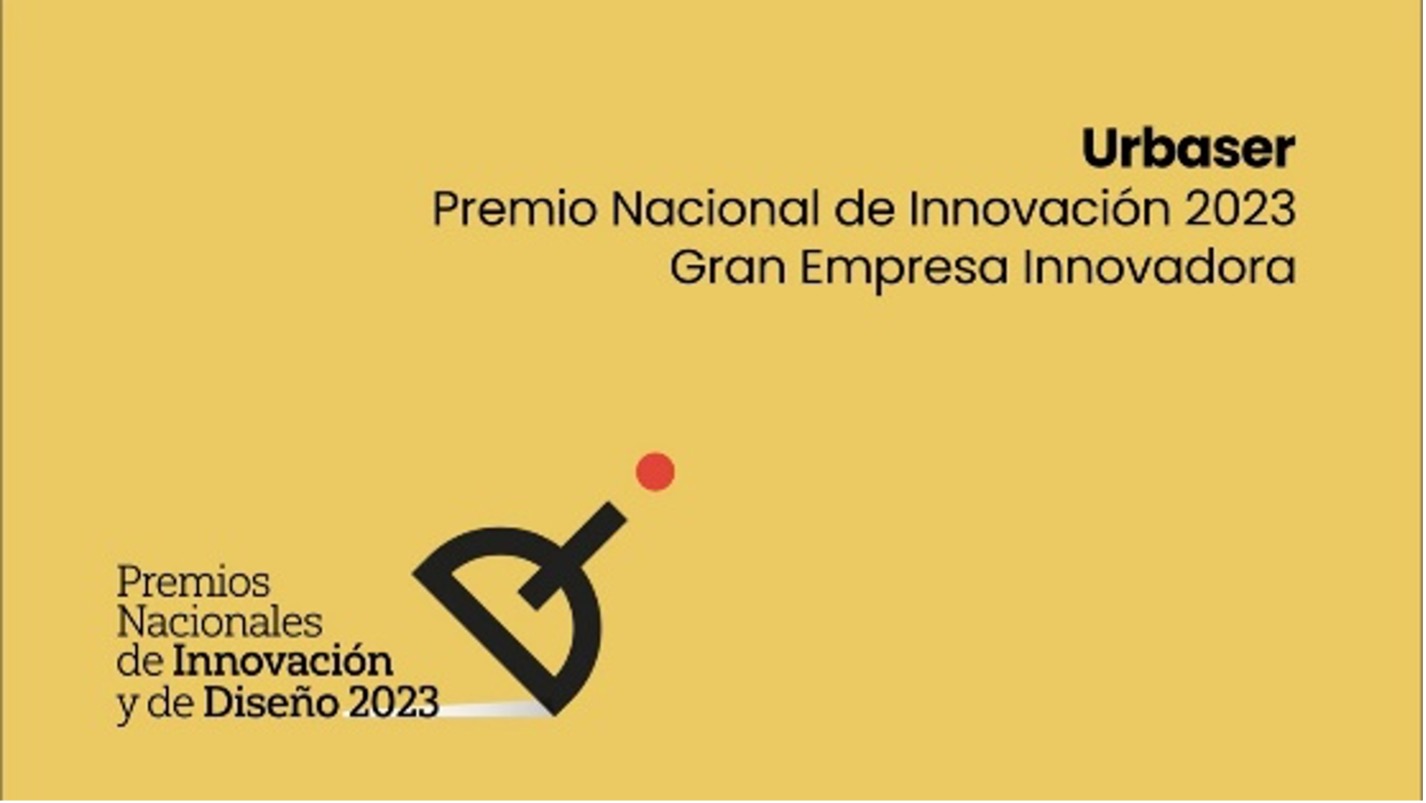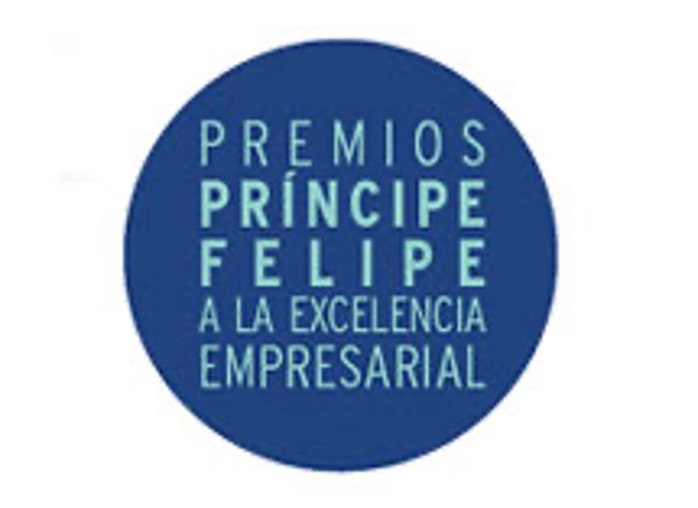Innovation
It is one of the fundamental pillars of our philosophy and our operations, enabling us to find advanced solutions to address the challenges of the present and future.
Through the lever of innovation, we collaborate with other companies, institutions and organisations to more effectively address complex challenges and develop projects that are not only sustainable, but also have a positive impact on society by bringing the best available techniques to the market.
The circular economy as a catalyst for our culture of innovation.
Lines of research

CIRCULAR BIOCARBON
Conversion of carbon from complex municipal organic waste streams into value-added products. The CIRCULAR BIOCARBON project, of which Urbaser is the coordinator, is called on to lay the foundations for demonstrating the commercial viability of a biorefinery that seeks to improve traditional treatment processes for converting biowaste generated in the city into sources of basic components and intermediate products. With the participation of eleven partners from five European countries and the support of Zaragoza City Council, CIRCULAR BIOCARBON is aligned with the European Union’s commitments to the circular economy and SDG 12. Following engineering work and the sampling of urban organic waste and sludge for characterisation, and the completion of the basic project design for the biorefinery, the lines planned for Spain at the CIAM and the Zaragoza Urban Waste Treatment Complex (CTRUZ), operated by the Ebro Joint Venture, have been addressed.
This project has received funding from the Bio-based Industries Joint Undertaking (JU), as part of the European Union’s Horizon 2020 research and innovation programme under grant agreement No. 101023280.


SEALIVE
Advanced biological solutions to keep our land and seas free of plastic pollution. The project will generate new and more efficient bio-based plastics with advanced properties. It will also improve the processing technologies and the design of products, applying efficient solutions to the end of their useful life. These solutions will be scaled up and demonstrated in eight end-use applications in six regions of Europe and South America. At Urbaser, we participate as the final validator of the end-of-life solutions for the bioplastics developed during the project: we verify that they can be recovered for reuse or recycling in a waste treatment plant, or that they can undergo complete biodegradation and disintegration after being subjected to industrial composting treatment.
This project has received funding from the European Union’s Horizon 2020 Research and Innovation programme under grant agreement No. 862910 (SEALIVE).

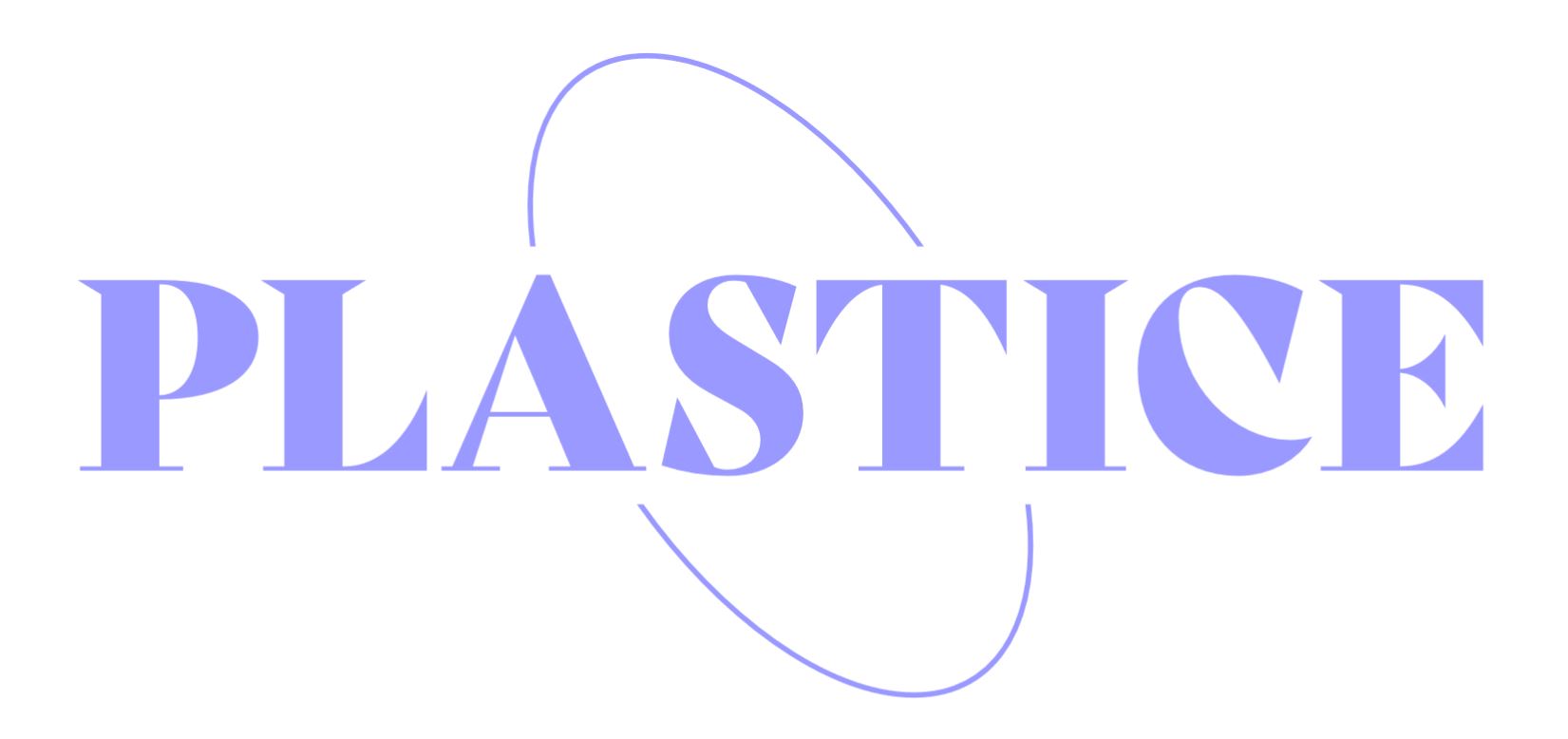
PLASTICE
New technologies for integrating plastic waste into the circular economy. The PLASTICE project is designed to investigate innovative and sustainable routes for the recovery of plastic and textile waste into other high value-added products of industrial interest. PLASTICE also works on recovery processes, integrating new sorting systems, digitisation tools and eco-design principles. Through this approach, the project aims to reduce the amount of plastics landfilled, the greenhouse gas emissions linked to this process and the fossil fuel-based raw materials.
This project has received funding from the European Union’s Horizon Europe programme under grant agreement No. 101058540.

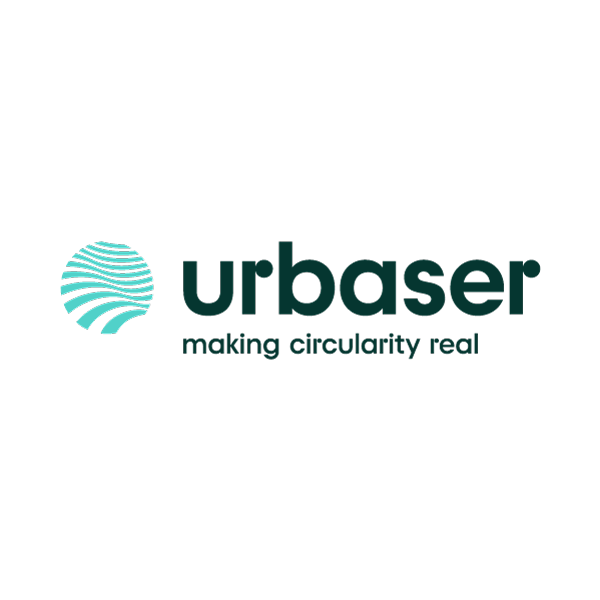
NICER-BIOFUELS
Biofuels for heavy transport from waste recycling. This project aims to create a unique knowledge infrastructure that supports the decentralised, sustainable and cost-effective conversion of bio-waste and textile waste into sustainable heavy transport biofuels that will contribute to the total decarbonisation of the transport system. The project seeks to develop disruptive technologies that overcome critical technological barriers, increase process efficiency and reduce marginal costs in the process of converting bio-waste into heavy transport biofuels. In the spirit of the circular economy, the essential idea of NICER-BIOFUELS is to combine CO2 emissions with bio-waste as a carbon pool to produce the next generation of heavy transport biofuels. Such an ambitious goal will be achieved by integrating advanced gasification strategies, unique catalytic technologies and digital tools to deliver fuel processors that can be adapted to feedstock input and heavy transport biofuel demands.
This project has received funding from the RETOS-COLABORACION PUBLICO-PRIVADA programme of the Spanish Ministry of Science and Innovation, with EU funds under the Next Generation Europe framework of the PRTR.

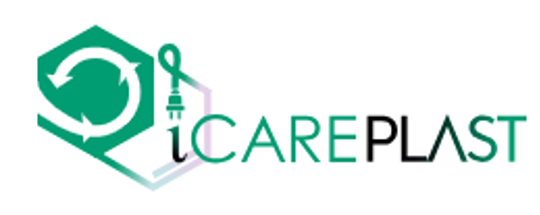
iCAREPLAST
Integrated catalytic recycling of plastic waste to obtain value-added chemical products. The CAREPLAST project aims to obtain high added-value chemical products from heterogeneous mixtures of plastics from municipal solid waste. To this end, it carries out a combined process of pyrolysis, catalytic treatment, membrane separation and oxy-combustion to obtain high value-added chemicals (aromatics and alkylaromatics) from heterogeneous mixtures of plastics from waste. This process will allow the recovery and revaluation of liquid and gaseous streams generated, rich in hydrocarbons, including CO2, as well as solid by-products (coal), all with the aim of maximising the energy balance, minimising the environmental footprint and ensuring economic sustainability.
This project has received EU Horizon 2020 research and innovation funding under grant agreement No. 820770. Recognised by the European Commission as one of the most outstanding projects in the field of energy.


CEUS
Circular economy for the revaluation of urban plastic waste. The aim of this project is to research and implement new treatments for the recovery of plastic waste that is currently not reused. The project focuses on research into the processes of classification, treatment and transformation of waste from the collection of the remaining waste fraction from the grey container, specifically: the film and mix fraction that has not been used up to now. This project provides an additional plastics supply source, thus reducing the consumption of fossil resources. Through sorting and treatment processes, the properties of these heterogeneous plastics are improved and adapted so that they can be transformed into new plastic products.
This project has received funding from the Strategic Programme for National Business Research Consortia (CIEN 2018) of the Centre for the Development of Industrial Technology (CDTI).


URBATRUCK
Development of narrow chassis. Design, construction and commissioning of vehicles to access complex manoeuvrability areas within cities, maintaining the load capacity of a standard vehicle and avoiding the need to use small equipment with reduced capacity. The aim is to have narrow vehicles with different engines, Compressed Natural Gas (CNG), Diesel and 100% electric with special characteristics for waste collection and street cleaning in historic centres. Benefits include a much higher payload than that of conventional narrow-track vehicles (2,047 mm), low-emission inner-city mobility solutions and a new chassis dimensioning that reduces the width to 1,800 mm, increasing payload. The innovation is noteworthy for being a pioneer in the “narrow passage” range, having carried out a short national manufacturing run that has deployed vehicles in different contracts in Madrid, Barcelona and Roquetas, as well as “super narrow passage” vehicles with load capacities of 14Tm, 18Tm and 26Tm.

INNOMAD
Innovations in urban street cleaning. Development of different innovative solutions in the field of urban cleaning for the provision of cleaning services in public spaces. The three solutions developed, which have been protected as utility models, include:
- Sweeper trolley prototype: own design that includes changes that facilitate its manoeuvrability and adaptability to the current needs of the operator and of the cleaning service in general.
- Prototype automatic collector: a collector design that attaches to rear-loading collection trucks and facilitates the collection of waste from both manual and mechanical sweeping by the cleaning service.
- Street cleaning machine: consists of the modification of a vacuum cleaner to incorporate pressurised water application equipment to clean or collect leaves more efficiently.

SIRECON
Support system for the annotation of rubbish containers based on the automatic analysis of video sequences. Focused on improving the efficiency of the service offered by Urbaser to its customers, this project sought to design and develop a system, based on artificial intelligence, for the automatic detection of waste containers. The system was envisaged as a software application that reads and processes all the images in a sequence of photos and, using models learned about the bins present in the sequence, returns a subset of images smaller than the total number of images in the original sequence.

TECMPARPOL
New bituminous binder for road pavements from oily waste derived from MARPOL. In this project, research and development of the composition of a new bituminous binder for use in the repair and construction of road pavements has been carried out based on the recovery of oily waste from MARPOL origin (MARitimPOLlution). As a result, a new binder formula has been determined from this raw material (MARPOL waste), which has led to an innovative product with high added value that is sustainable from a technical, economic and environmental point of view and can be used in the rehabilitation and construction of roads, contributing directly to the circular economy in the transport sector. This project has received funding from the PID Cooperation Programme (Technological Cooperation R&D Projects) of the Centre for the Development of Industrial Technology (CDTI) and has been co-financed by the European Regional Development Fund (ERDF).
Waste Technology Innovation Centre Alfonso Maíllo (CIAM)
Reference infrastructure for innovation in waste management.
The Alfonso Maíllo Waste Technology Innovation Centre (CIAM), located in Zaragoza, is one of the best examples of our commitment to R&D&I. CIAM, dedicated to the research of new models of integrated and sustainable waste management to minimise rejects and add value to by-products, has more than 10 years of innovative activity. The multidisciplinary team of researchers, with its facilities of more than 6,000 m2 and the availability of large-scale waste, have positioned this centre as an opportunity for clients, administrations and research entities to develop projects with sustainable investments. A collaborative model that not only translates into technically and economically viable results, but is also an example of good practice by attracting the interest of pioneering research entities to cooperate in the development of R&D&I projects.
Recognitions
